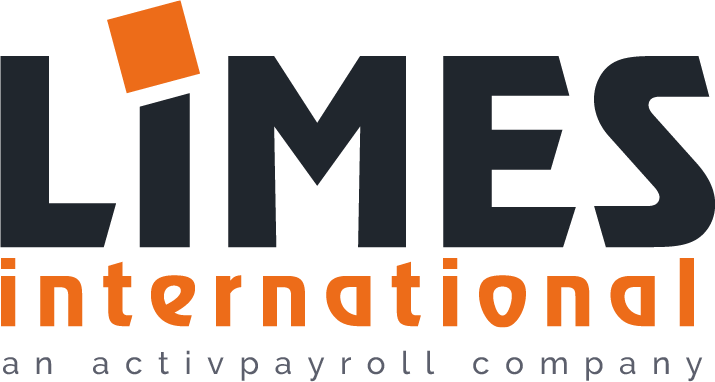On July 8, 2022, the State Secretary of Finance withdrew the approval for the application of the exemption method for executive and supervisory directors’ remunerations.
For residents of the Netherlands who receive such remunerations from an entity established outside the Netherlands, this can result in a financial disadvantage.
What is going on here?
Residents of the Netherlands report their worldwide income in their Dutch income tax return, including any remunerations as statutory director or supervisory director of foreign entities.
These remunerations will usually also be taxed in the country of residence of the foreign entity. The Netherlands has concluded tax treaties with many countries to prevent double taxation (same remuneration taxed in the Netherlands as well as abroad). In most treaties, the Netherlands applies this prevention by allowing the foreign tax to be set off against the Dutch tax owed on worldwide income (credit method).
In this way, the statutory director or supervisory director effectively (in most situations) pays the Dutch rate on the relevant remuneration.
However, in a decision of 18 July 2008, the State Secretary approved that managing directors and supervisory directors may – subject to conditions – apply the so-called exemption method with regard to their remunerations received abroad. For many executives and supervisory directors, this approval has a favorable effect on the total tax burden, namely when the average tax burden abroad is lower than the average Dutch tax burden on worldwide income.
By Ministerial Decree on July 8, 2022, the State Secretary withdrew his approval, effective as of January 1, 2023. This means that from that date the exemption method can no longer be applied in situations to which the credit method applies according to the relevant tax treaty.
The exemption can therefore still be applied to remunerations of directors and supervisory directors that are taxable in 2022.
In certain situations, however, the exemption method continues to apply, namely for those countries with which this method is specifically prescribed in the relevant tax treaty, such as in the treaties with Luxembourg, Singapore and Spain.
In other situations, the withdrawal of the decision could therefore be disadvantageous.
The experts at LIMES will be happy to advise you on the impact of the withdrawal of this decision and any measures to be taken.

